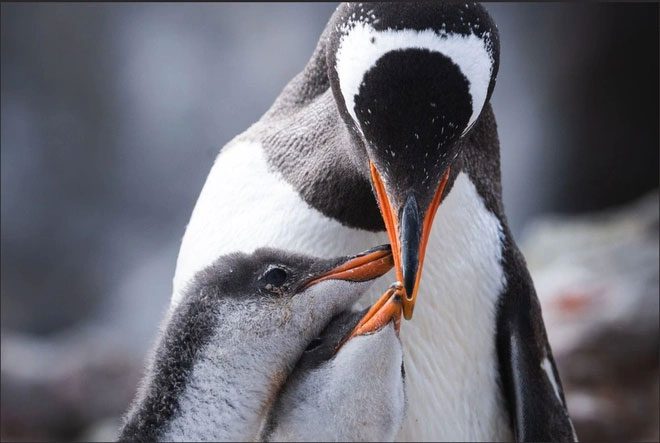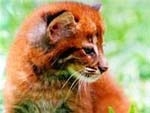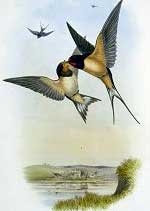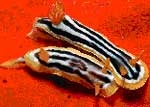Since the beginning of the mating season, male penguins typically do not eat or drink for 120 days. After the eggs hatch, they spend an additional 10 days caring for their young.
Among all penguin species, the Emperor Penguin is renowned for its particularly harsh parenting methods. This species spends over 70% of its life in the water, but each year around March and April, they climb ashore and venture deep inland, seeking a very safe place that lacks any food.
There, they court and mate, resulting in the creation of a single egg that weighs 450 grams.
Most penguins, once they have chosen a “partner,” remain faithful for life, so they are very cautious when selecting a mate.
Depending on the species, their courtship displays differ, but the most famous is the “courtship display”, where a male penguin stretches out its short wings and raises its neck to the sky, emitting a piercing sound. The females observing this performance will approach and choose the one they prefer.
However, Emperor Penguins do not engage in this behavior; instead, they dance with each other. In some cases, a male penguin may select a beautiful stone to present to a female as a courtship gift; if the female touches the stone, they are considered a pair.
After laying the egg, the female leaves her mate and young to hunt for food, while the male places the egg on his feet and presses it against a thick layer of skin on his belly known as the “brood pouch” to keep it warm. During the incubation period, the penguin stands without resting.

Both mother and father penguins take turns foraging for food to feed their young. (Photo: Albert Dros/Washington Post).
Penguins live in icy environments, so they always operate in groups; even their incubation activities are conducted collectively to avoid freezing.
The male will remain still incubating the egg for 65 days in temperatures as low as -60 degrees Celsius in Antarctica, without eating or drinking. Typically, after the egg hatches, the male has lost about 40% of his body weight.
If we include the time from the start of the mating season, male penguins usually do not eat or drink for 120 days, and after the egg hatches, they spend an additional 10 days caring for their young.
The father will provide the chicks with a nutrient-rich substance known as “penguin milk,” which is high in fat and protein; thus, the chicks can grow to be more than double their size shortly after hatching just by consuming this milk.
When the chicks begin to drink the milk, the mother returns after a period of “foraging far away.” The mother stores food in her stomach, and upon returning home, she will regurgitate the food to feed the chicks. After that, both the father and mother will take turns foraging for food to feed their young.
The image of two penguin parents taking turns caring for their young is heartwarming, but there is also a rather disturbing downside. During the rearing process, if a chick dies, the mother may steal a chick from another mother to raise as her own.
However, the process of “parenting someone else’s child” is not always successful, as many mothers abandon the stolen chicks after a few days of boredom.
In the penguin world, there are also instances of two male penguins raising a chick together. For example, a zoo in Denmark housed a pair of male penguins, and when they were given an egg to care for, the couple successfully incubated and raised the “young one” very well.
This situation is not uncommon among various penguin species scattered around the world. It demonstrates that love in the penguin world takes many different forms, which humans can learn from.





















































